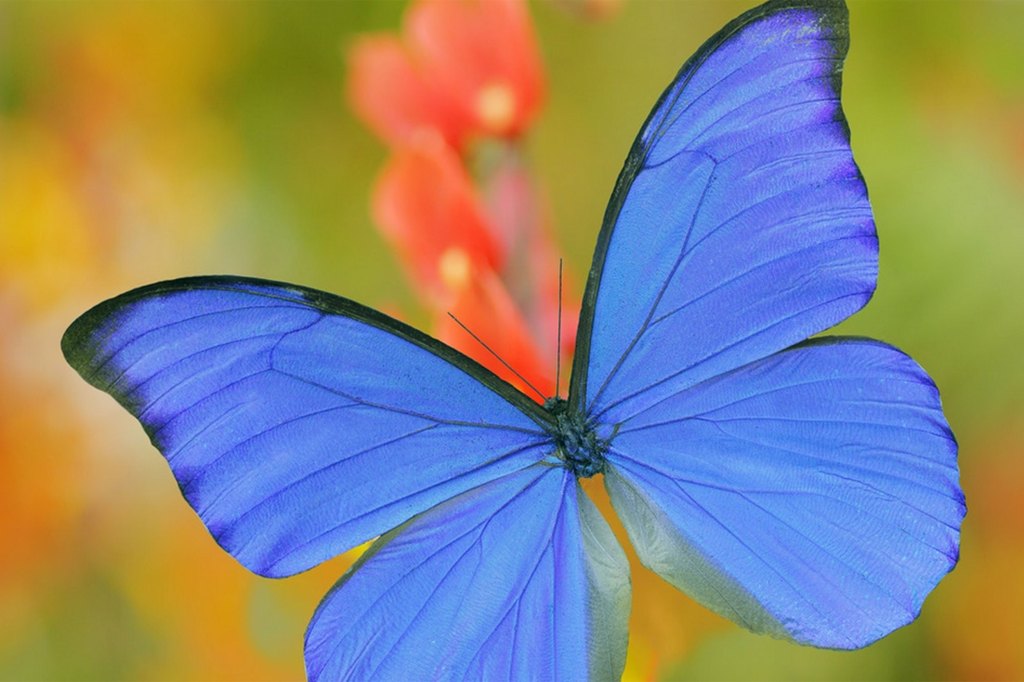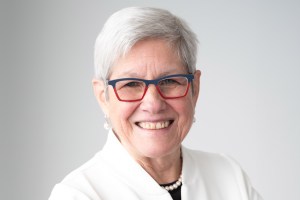Science & Tech
-
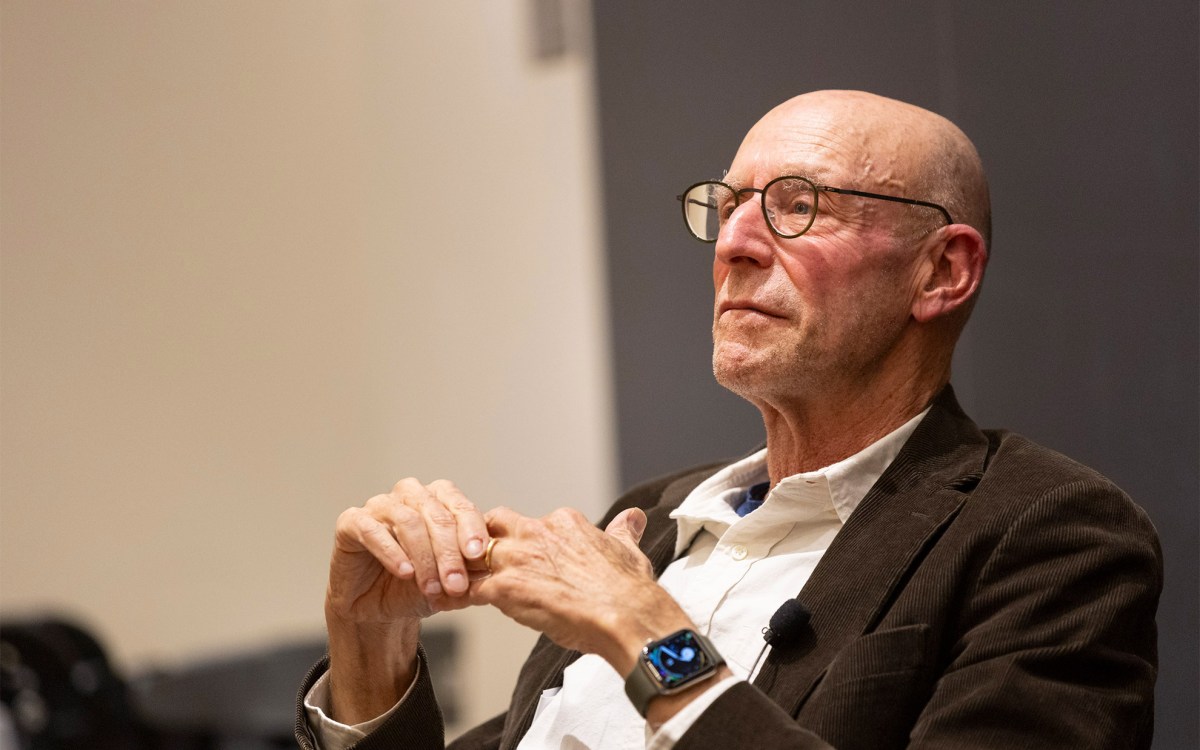
What exactly is consciousness? (And does my Venus flytrap have it too?)
In new book, author Michael Pollan explores nonhuman sentience, stream of thought, AI
-

Can a chatbot be a co-author?
Physicists take souped-up ChatGPT out for a spin, return home with significant discovery

-

Preserving learning in the age of AI shortcuts
In podcast, teachers talk about how they’re using technology to supercharge critical thinking rather than replace it
-

A ‘cocktail’ recipe for brain cells
Stem cell biologists discover how to regenerate type damaged in ALS, spinal cord injuries

-

When you do the math, humans still rule
Harvard’s Lauren Williams, a MacArthur ‘genius,’ joins international effort to challenge notions of AI supremacy
-

‘Imagination’
Less like a picture, more like a video game? Cognitive scientist explains how we ‘see’ what isn’t real.
-
IT for social justice
Keynote speakers at the eighth Harvard IT Summit focused on how technology can contribute to a more diverse, just, and civil society.
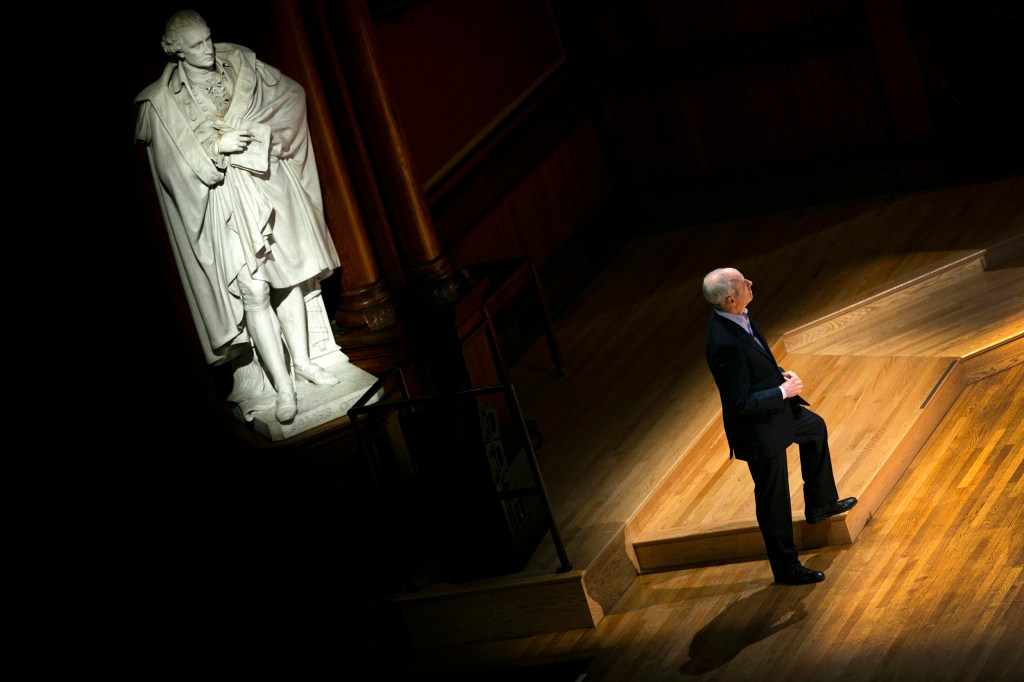
-
Eye-popping arachnids
Harvard researchers examined mysteries of color in the spider species Phoroncidia rubroargentea.
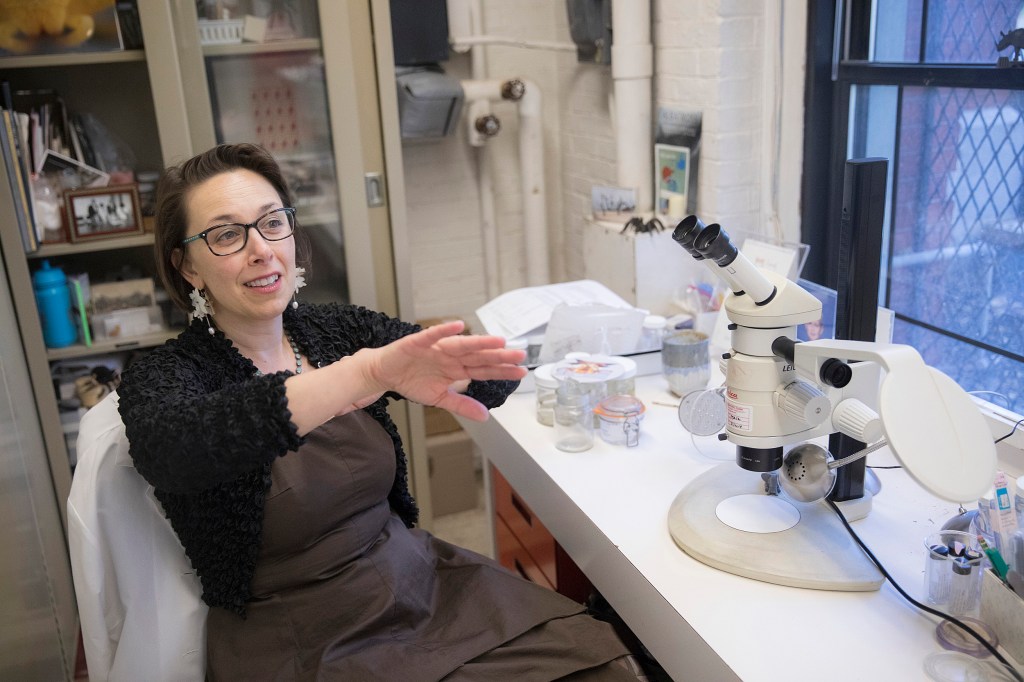
-
Team plans industrial-scale carbon removal plant
In a step to help fight global warming, Harvard Professor David Keith has a plan to repurpose existing technology to slash the costs of carbon capture.
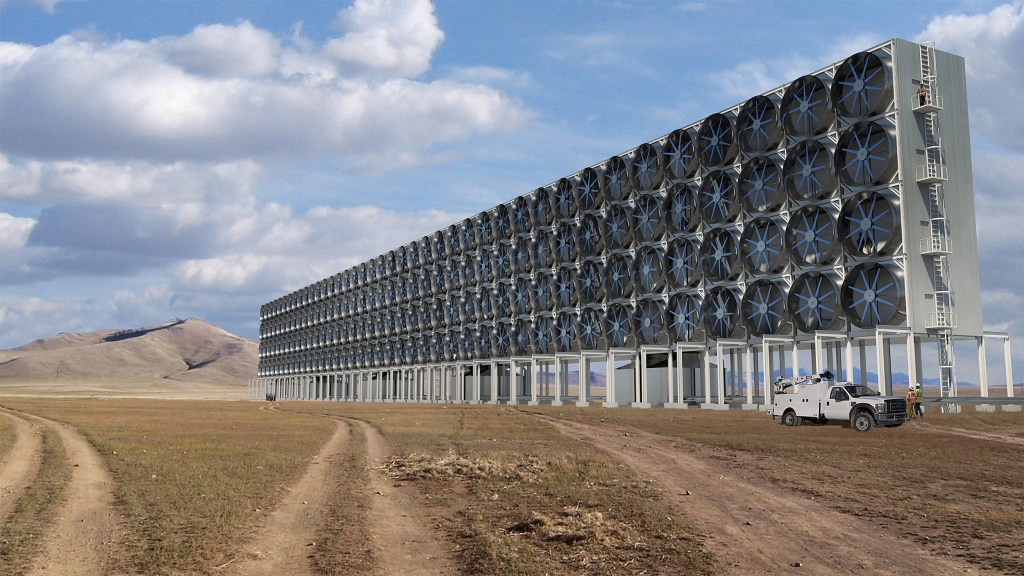
-
Virtual lab to extend reach of science education
Amgen and Harvard are teaming up to develop a free online education platform called LabXchange.
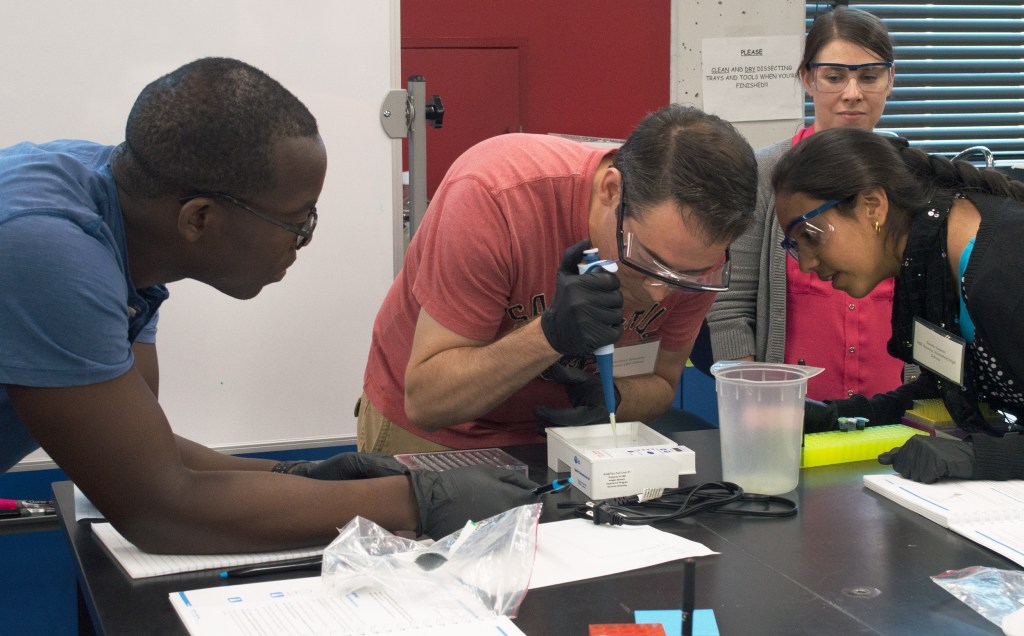
-
Creating piece of mind
A graduate student, who had a baseball-sized brain tumor, was curious to see what his brain looked like before the tumor was removed. This led him to colleagues who collaborated on a new 3-D printing technique.
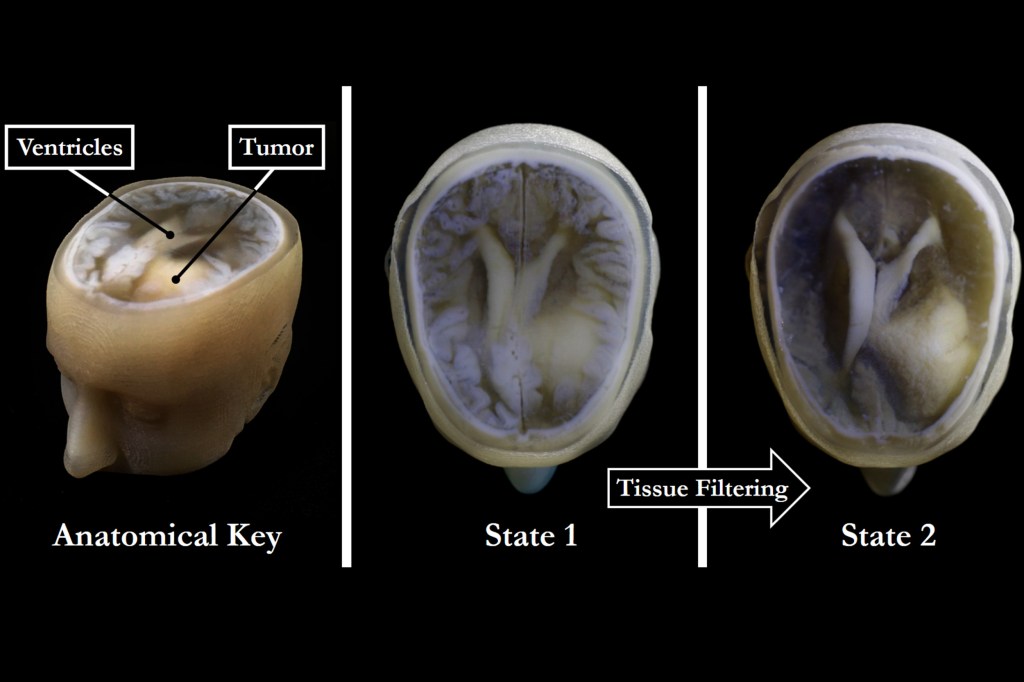
-
New light on dark matter
Harvard-Smithsonian Center for Astrophysics researchers explore dark matter particles that may carry an electric charge, and explain why that matters.

-
CRISPR’s breakthrough implications
CRISPR pioneer Jennifer Doudna discussed the gene-editing technology’s rapid spread and the need for a robust discussion about the ethics of its applications.
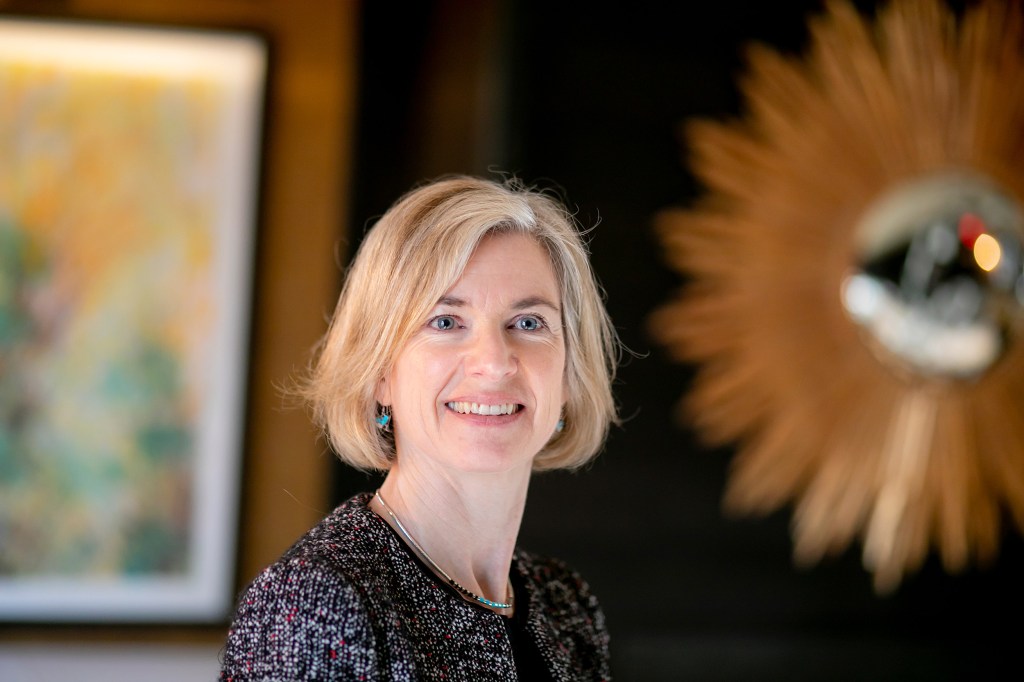
-
Carbon consumers
Natural lab holds promise to transform understanding of deep-ocean carbon cycling, says Professor Peter Girguis.
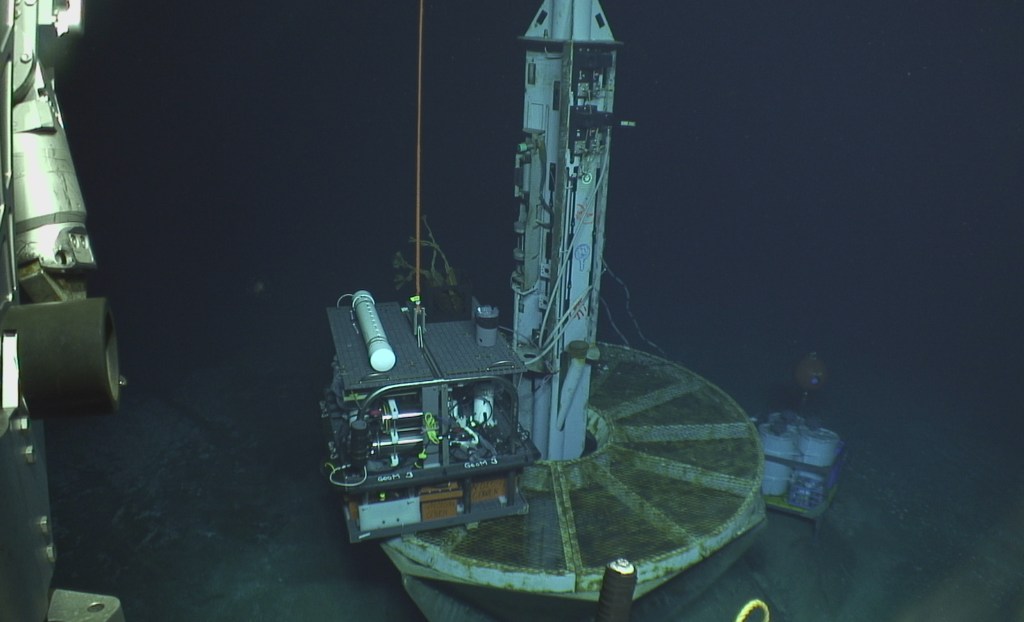
-
Choosing partners or rivals
A new study shows that in repeated interactions winning strategies involve either partners or rivals, but only partnership allows for cooperation.

-
From one, many
Harvard research teams systematically profiled every cell in developing zebrafish and frog embryos to establish a roadmap revealing how one cell builds an entire organism.
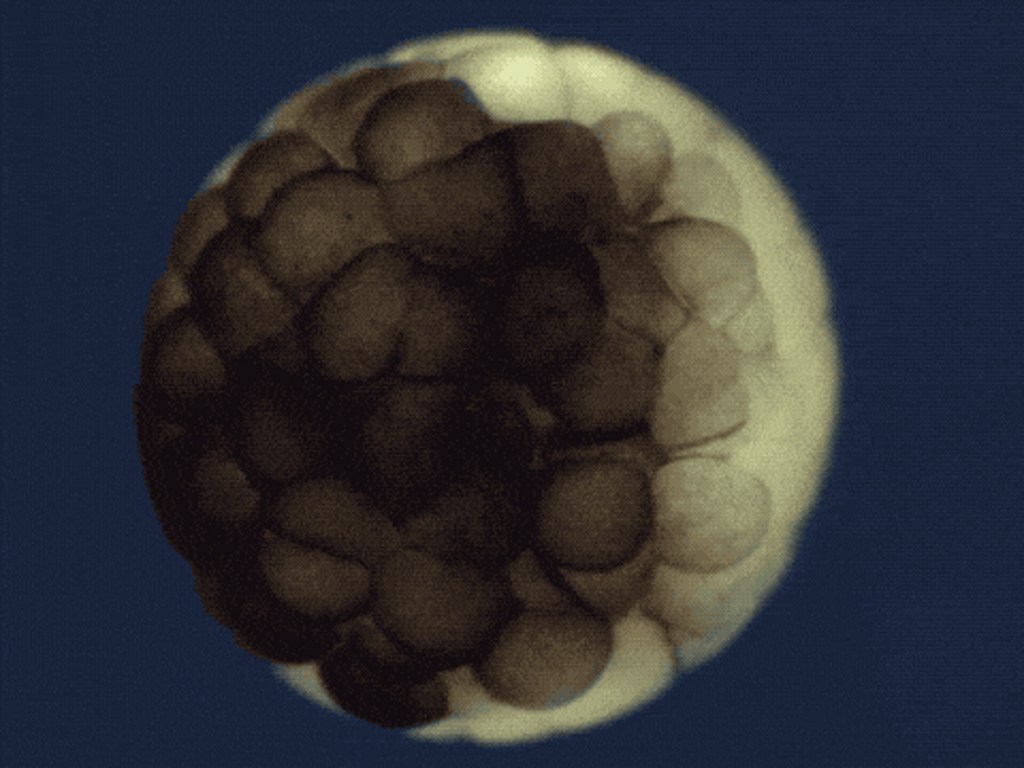
-
Natural barcodes enable better cell tracking
A group of Harvard researchers has developed a new genetic-analysis technique that harnesses “natural barcodes” to create what happens to cells when they are exposed to any kind of experimental condition, enabling large pools of cells from multiple people to be analyzed for personalized medicine.
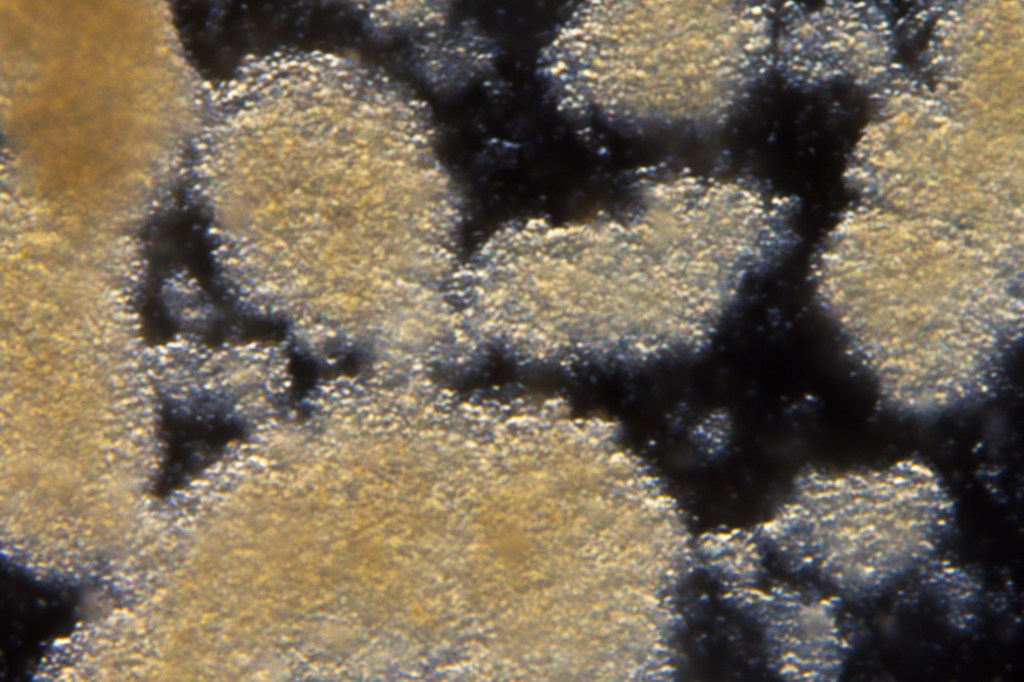
-
Cells like we’ve never seen them before
“This is the miracle of being able to see what we have never been able to see before,” said Harvard Medical School professor and study co-author Tomas Kirchhausen.
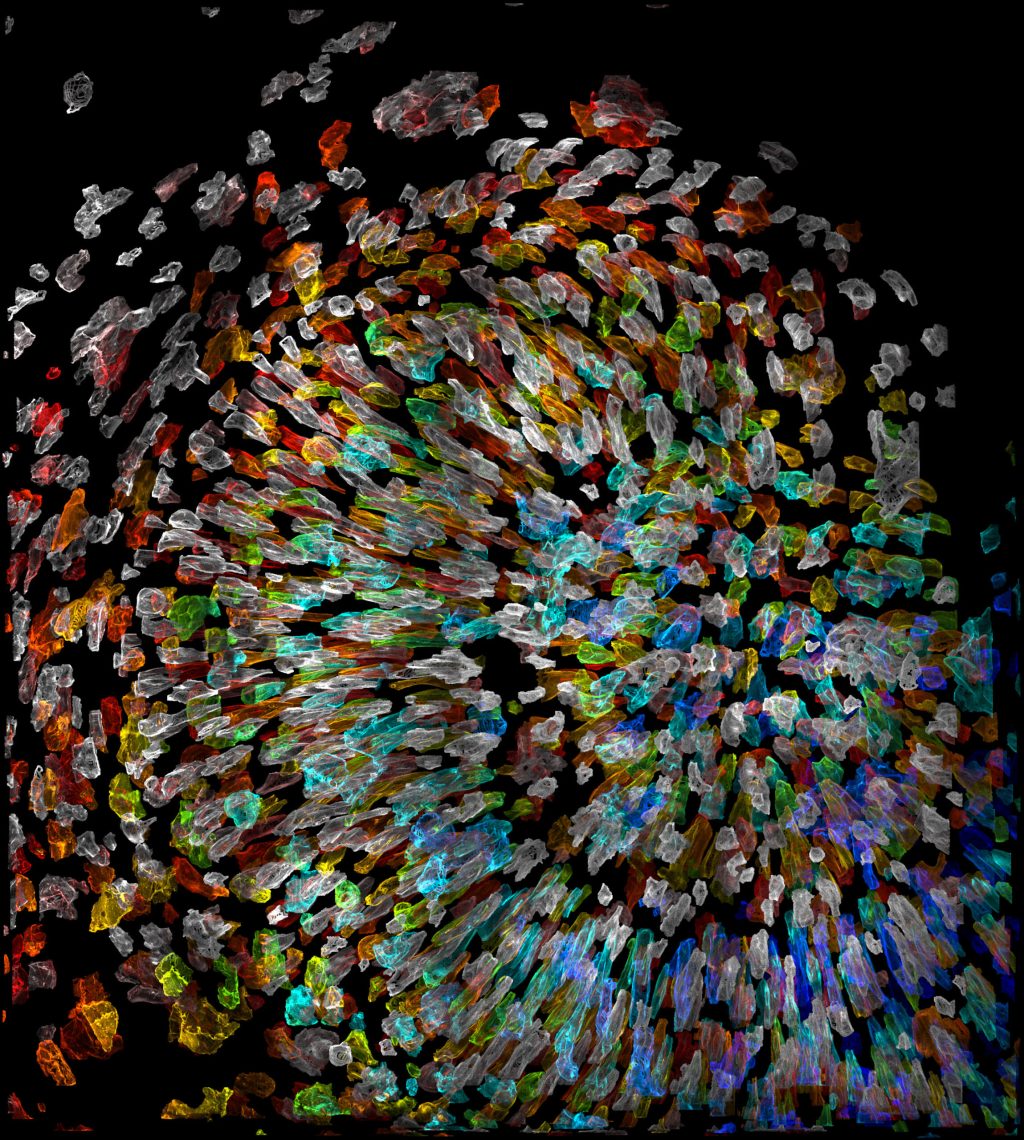
-
Global power for global powers
Liu Zhenya, chairman of the Global Energy Interconnection Development and Cooperation Organization, gave a talk titled “The Art of Energy Revolution” at Harvard Law School.
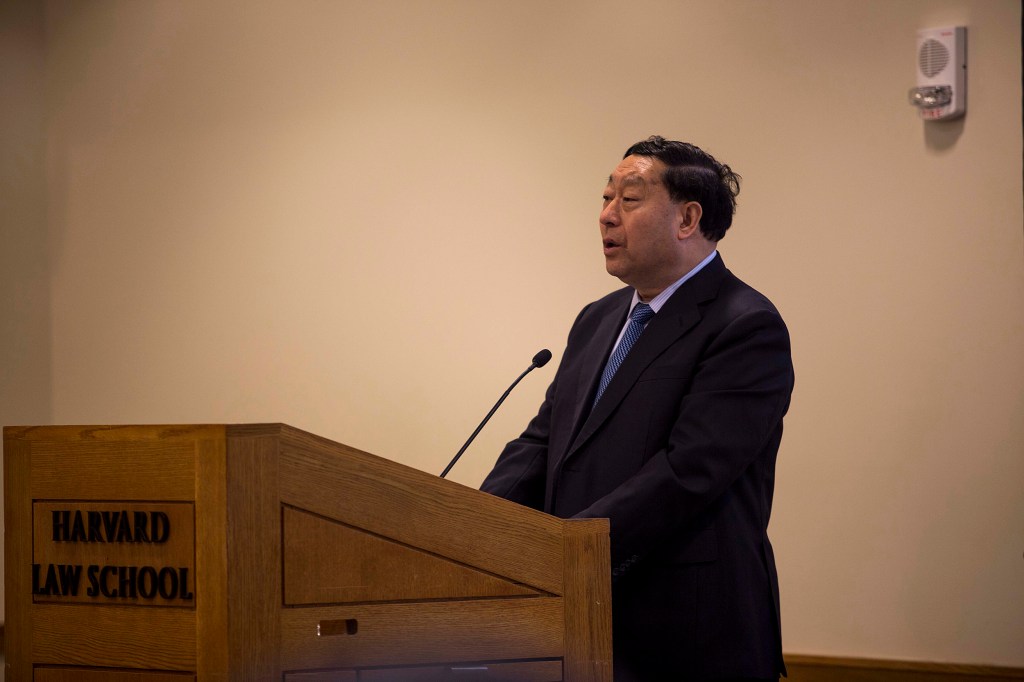
-
Developing micron-sized magnetic resonance
Harvard scientists have developed a system that uses nitrogen-vacancy centers — atomic-scale impurities in diamonds — to read the nuclear magnetic resonance signals produced by samples as small as a single cell — and they did it on a shoestring budget using a 53-year-old, donated electromagnet.
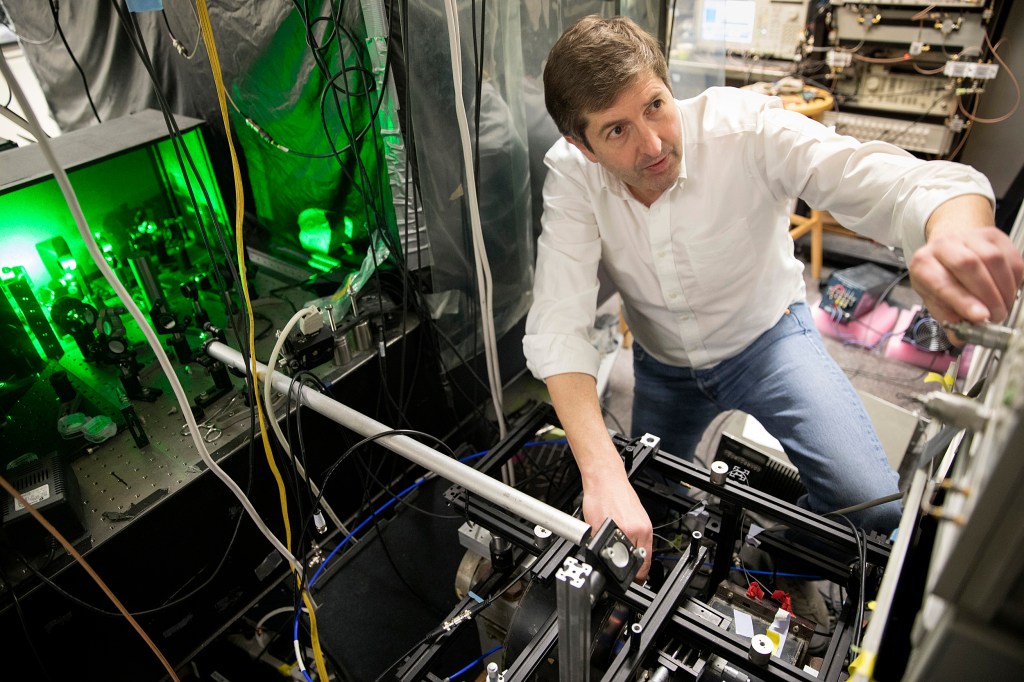
-
Applied mathematicians in Namibia
What can termites teach us about designing green buildings? As it turns out, a lot.
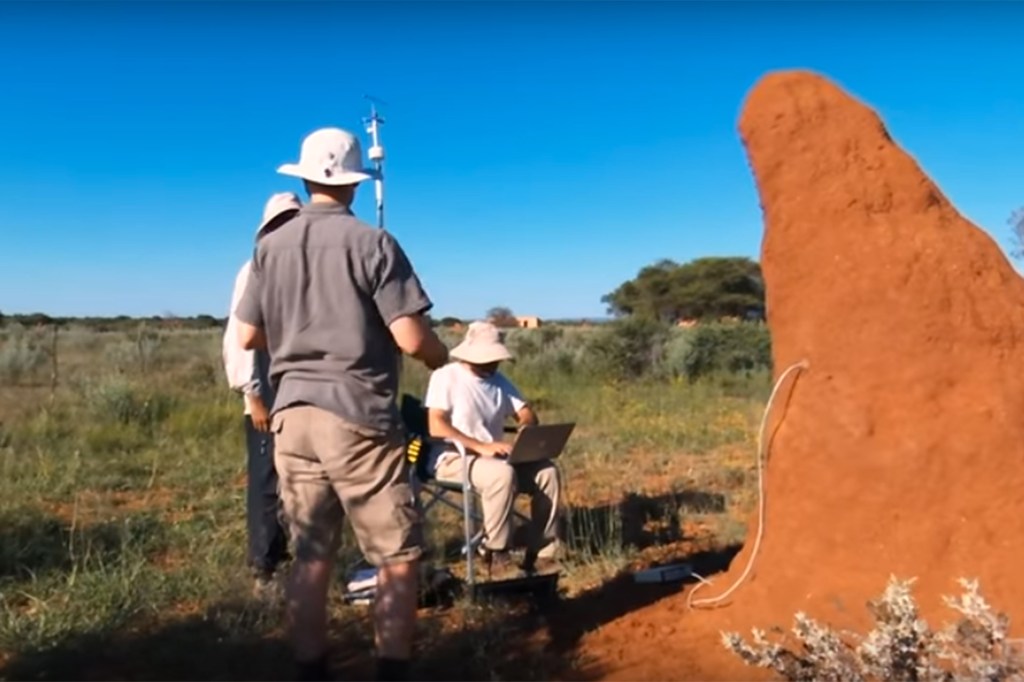
-
A decade on, a goal met; now, next targets
The University-wide Sustainability Celebration marked more than a decade of the Harvard community’s collective achievements in holistically addressing sustainability to build a healthier campus community less dependent on fossil fuels.
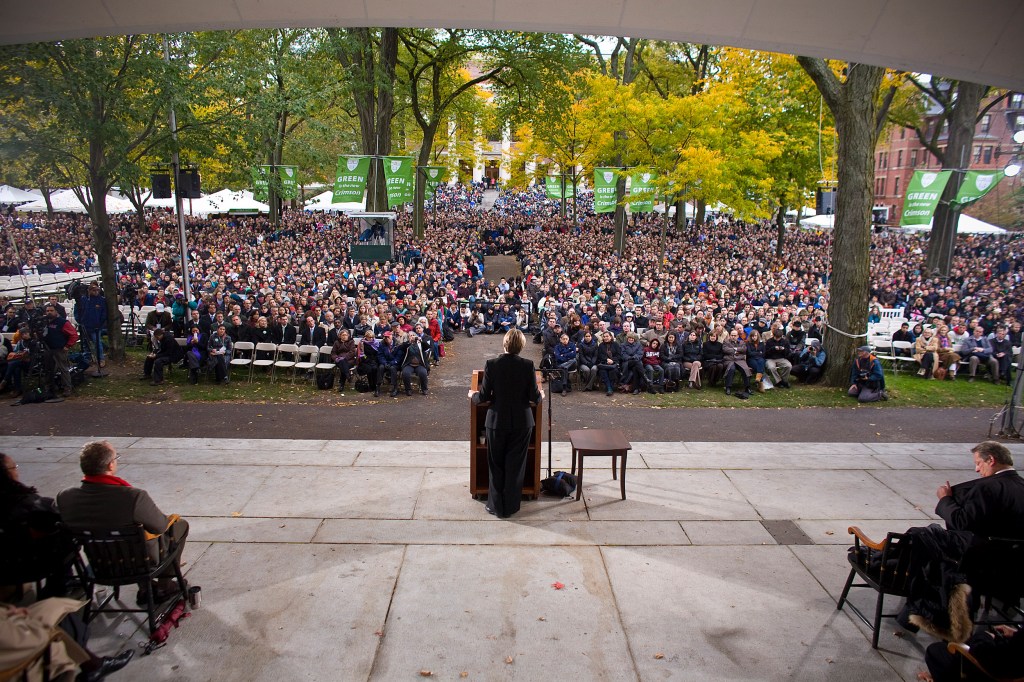
-
How fast can we run?
Harvard Professor Daniel Lieberman offers evolutionary perspective on Roger Bannister’s four-minute mile, today’s marathoners.
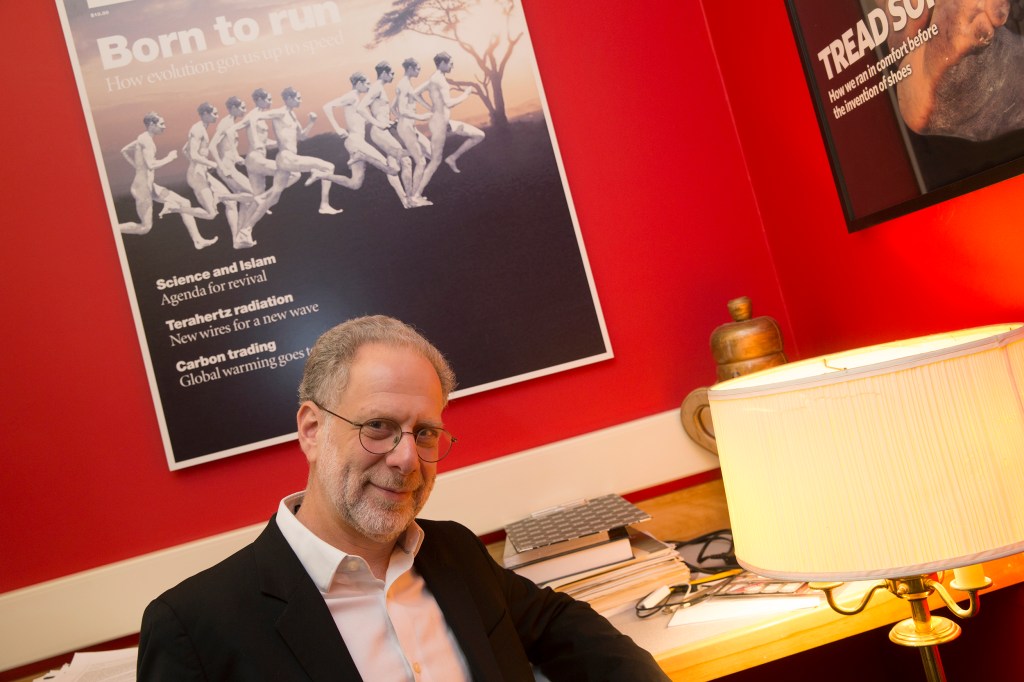
-
Ph.D. with ADHD brings can-do focus to science, life
Diagnosed with ADHD, Ph.D. candidate Jennifer Kotler uses clinical and genetic studies to reinterpret how humans think.
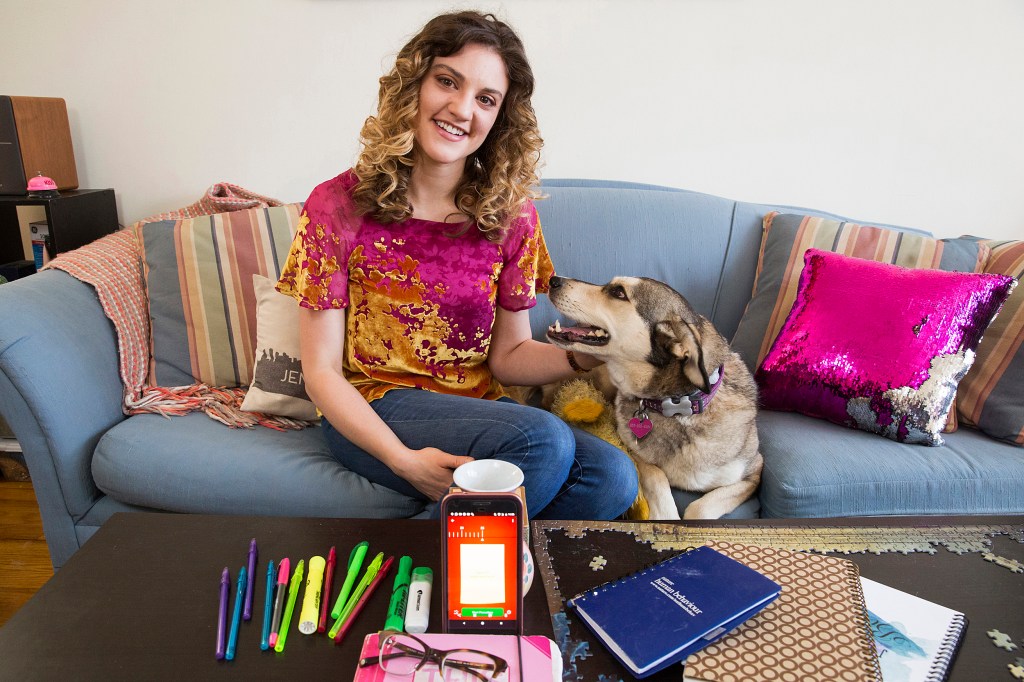
-
Two atoms combined in dipolar molecule
Harvard Assistant Professor of Chemistry and Chemical Biology Kang-Kuen Ni and colleagues have combined two atoms for the first time into what researchers call a dipolar molecule.
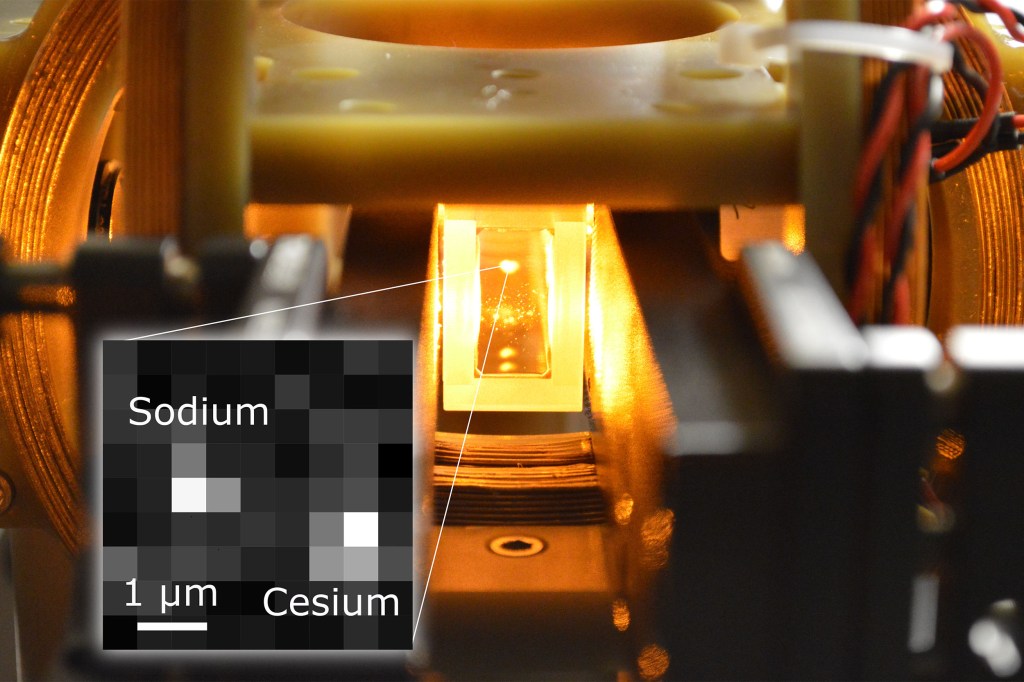
-
Before cancer kills, it cheats
Evolutionary biologist Athena Aktipis of Arizona State University delivered a lecture titled “Why Cancer is Everywhere” at the Harvard Museum of Natural History.
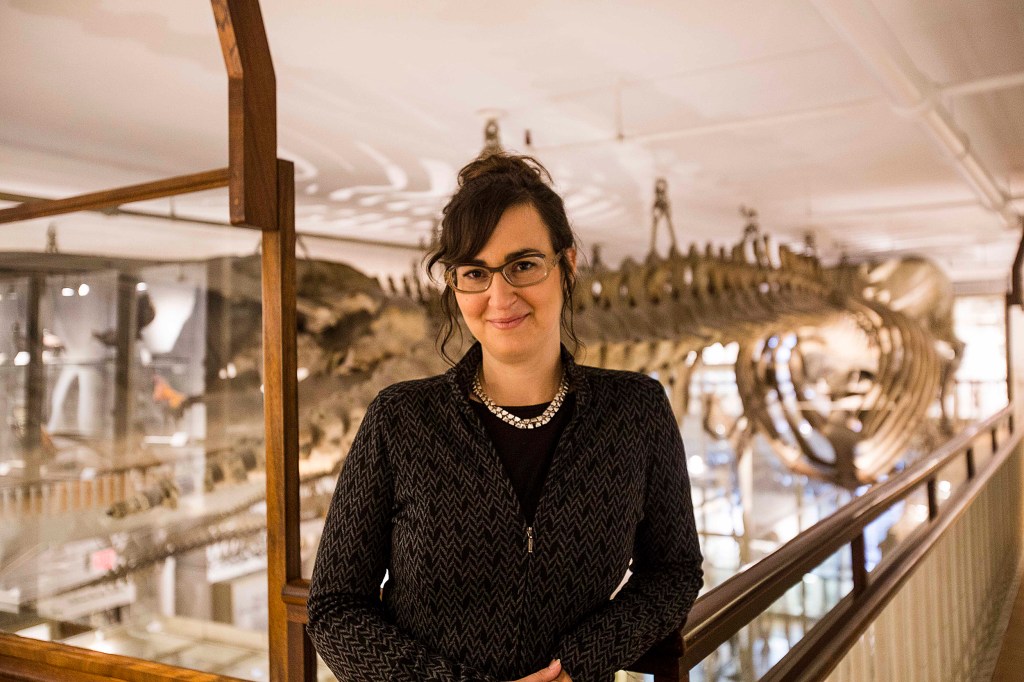
-
The ruse of ‘fake news’
In a recently published study, Harvard Kennedy School Professor Matthew Baum and Northeastern University Professor David Lazer, an associate of the Harvard Institute for Quantitative Social Science, argue that a multidisciplinary effort is needed to understand better how the Internet spreads content and how citizens process the news and information they consume.
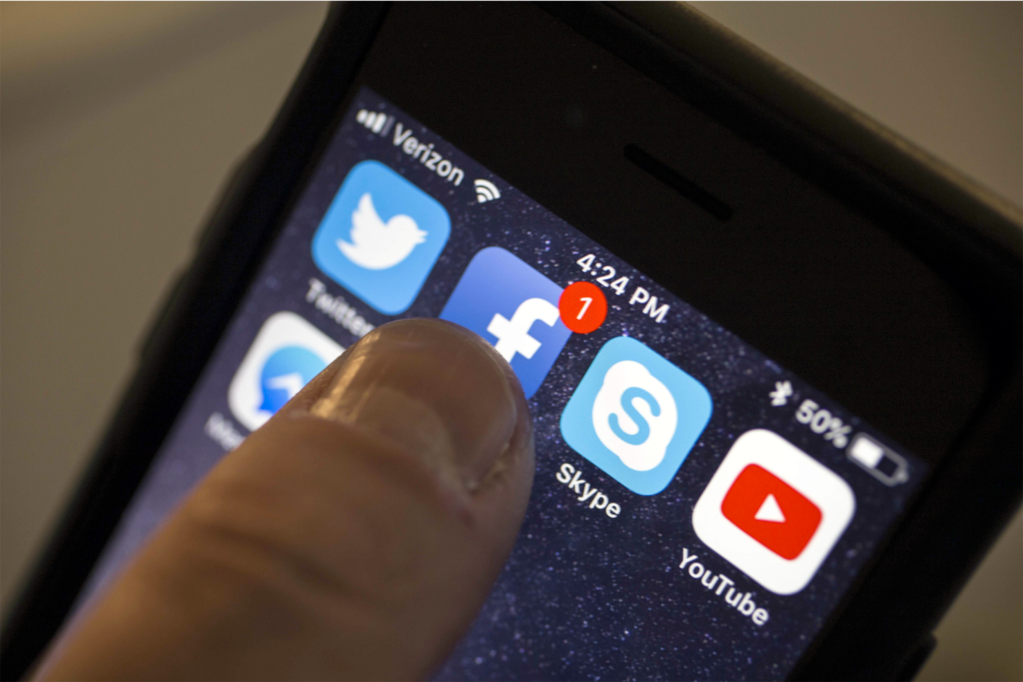
-
Radcliffe’s ‘jellyfish guy’ follows the light
Seeking new biomedical tools and treatments, marine biologist David Gruber plumbs the potential of an oceanic enigma.
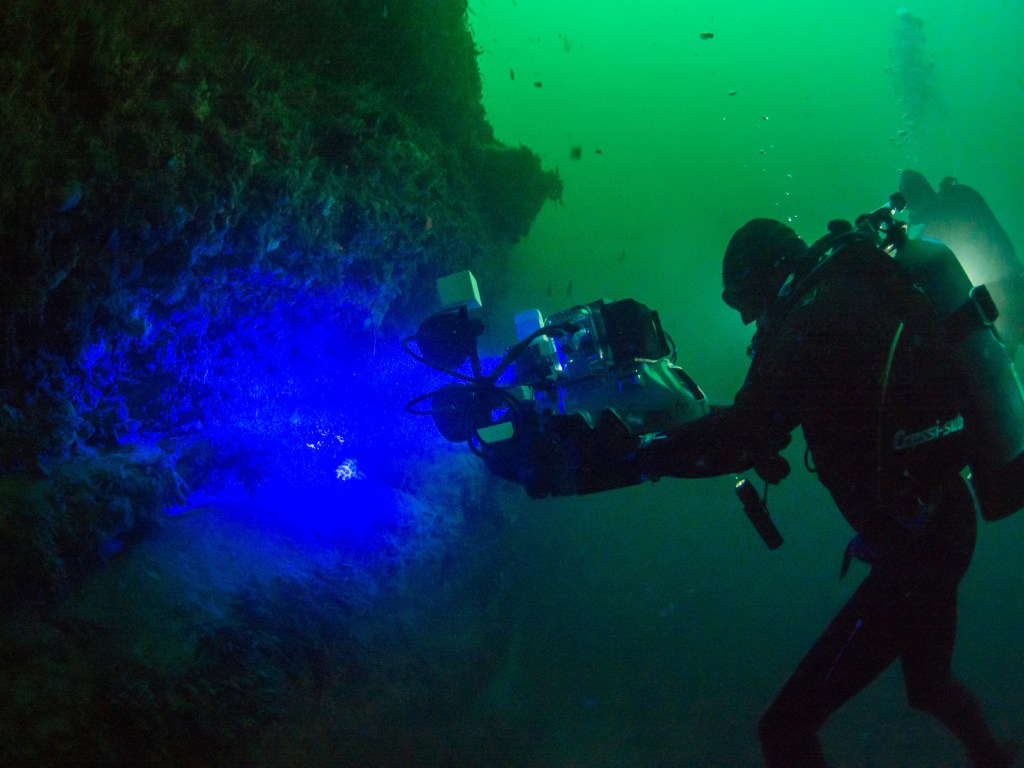
-
A ‘moon shot’ to protect Earth’s species
Biologist E.O. Wilson suggests conserving half of the Earth to save species. He and former National Park Service Director Jonathan Jarvis discuss how to do that.
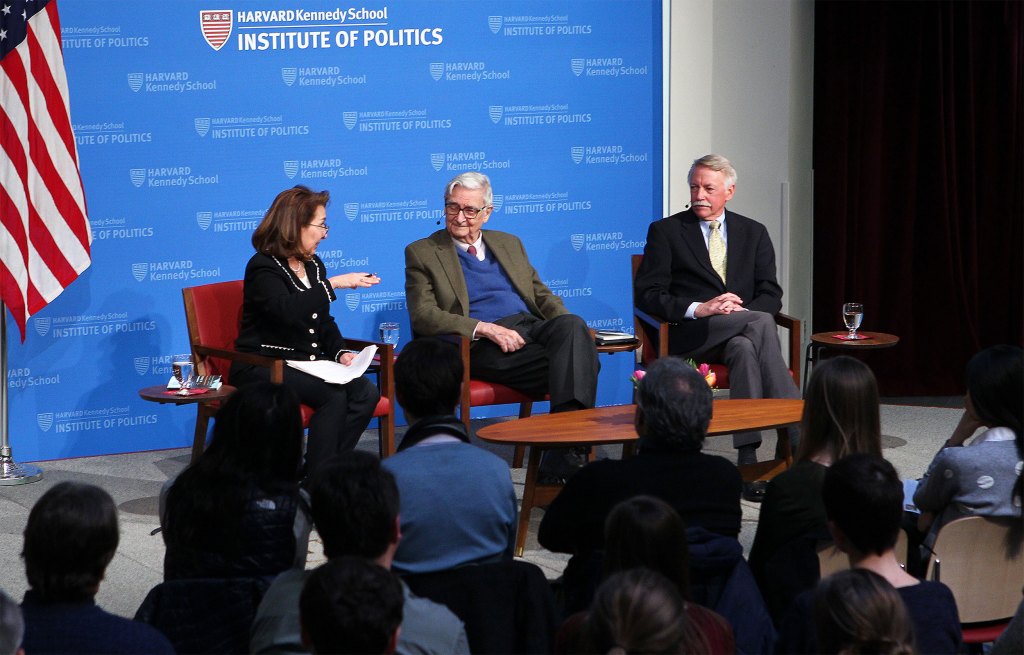
-
TESS to search the sky for new worlds
Following NASA’s launch of TESS, the Harvard-Smithsonian Center for Astrophysics will provide follow-up observations of the satellite’s targets.
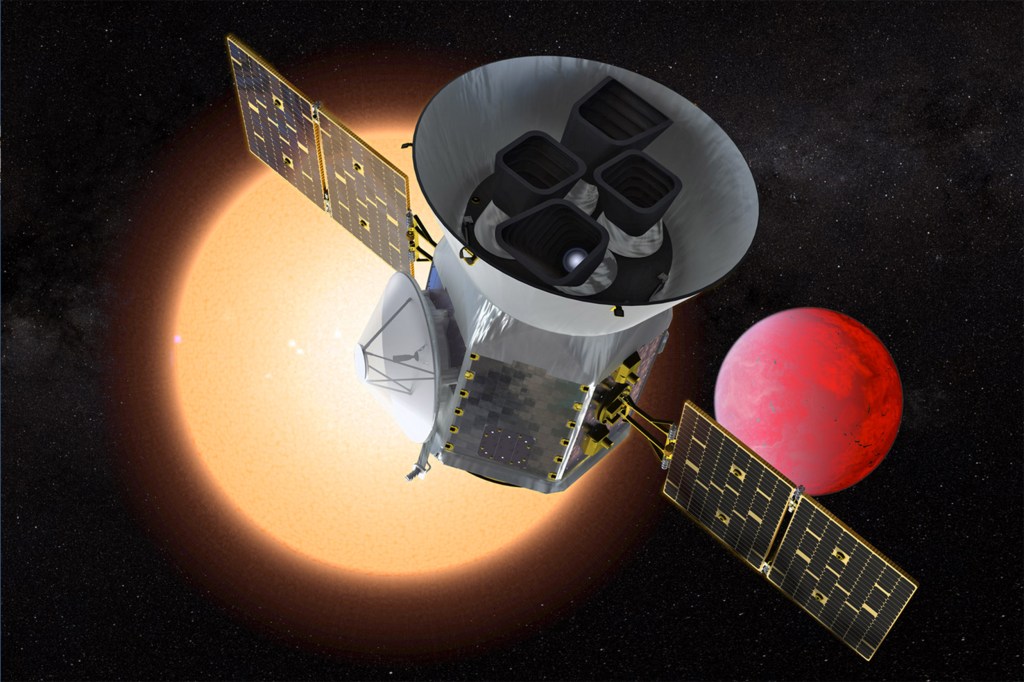
-
Microbes by the mile
Exhibit at the Harvard Museum of Natural History shows the beauty and utility of microbes.
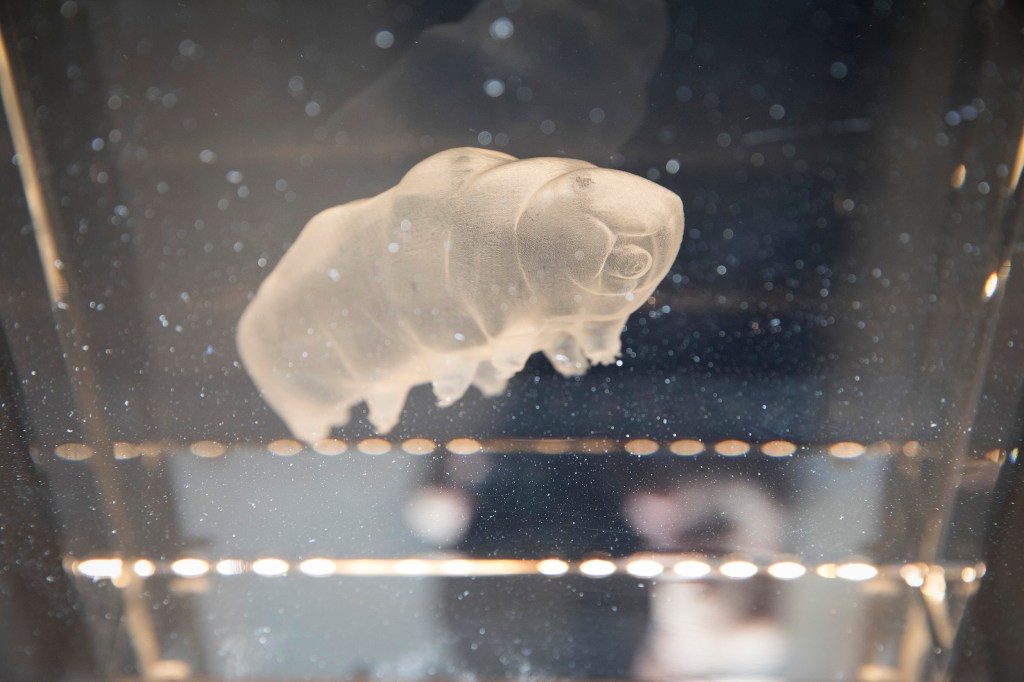
-
Novel cancer treatment gets major boost
The Wyss Institute and Harvard John A. Paulson School of Engineering and Applied Sciences announced Novartis will have access to commercially develop their therapeutic, biomaterial-based cancer vaccine technology.
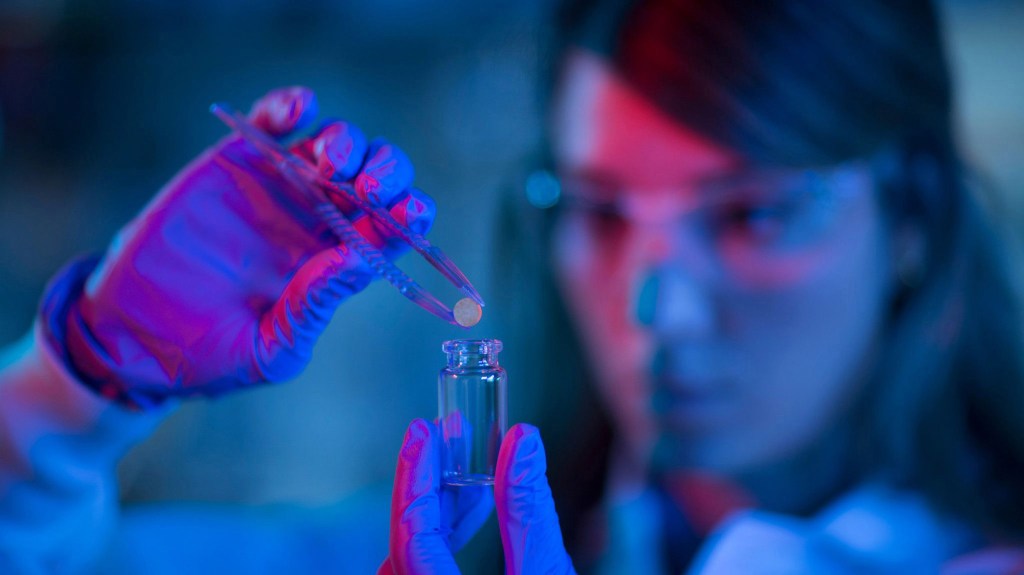
-
Drawing inspiration from plants, animals to restore skin tissue
Harvard researchers have developed new wound dressings that dramatically accelerate healing and improve tissue regeneration.
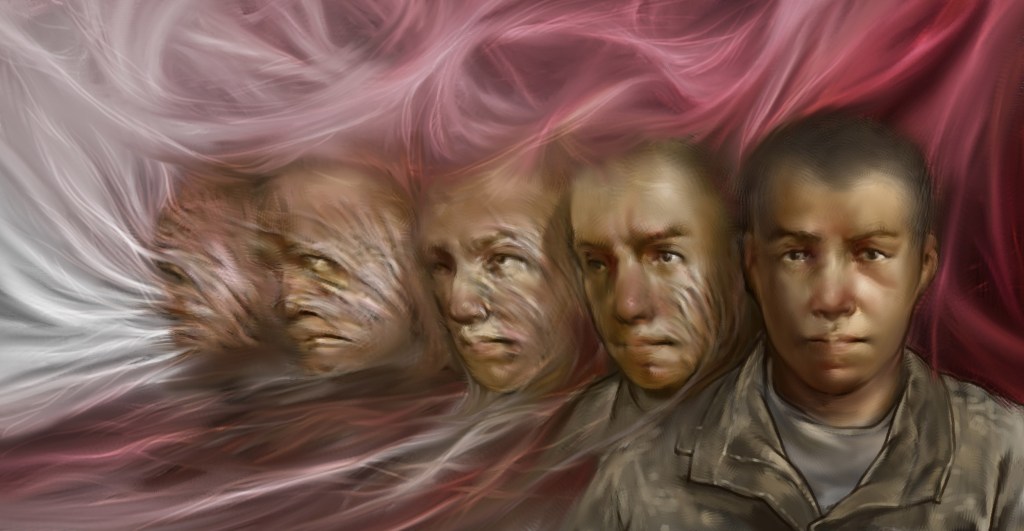
-
A role for cyanide in recipe for life
New Harvard findings show that a mixture of cyanide and copper, when irradiated with UV light, could have helped form the building blocks of life on early Earth.
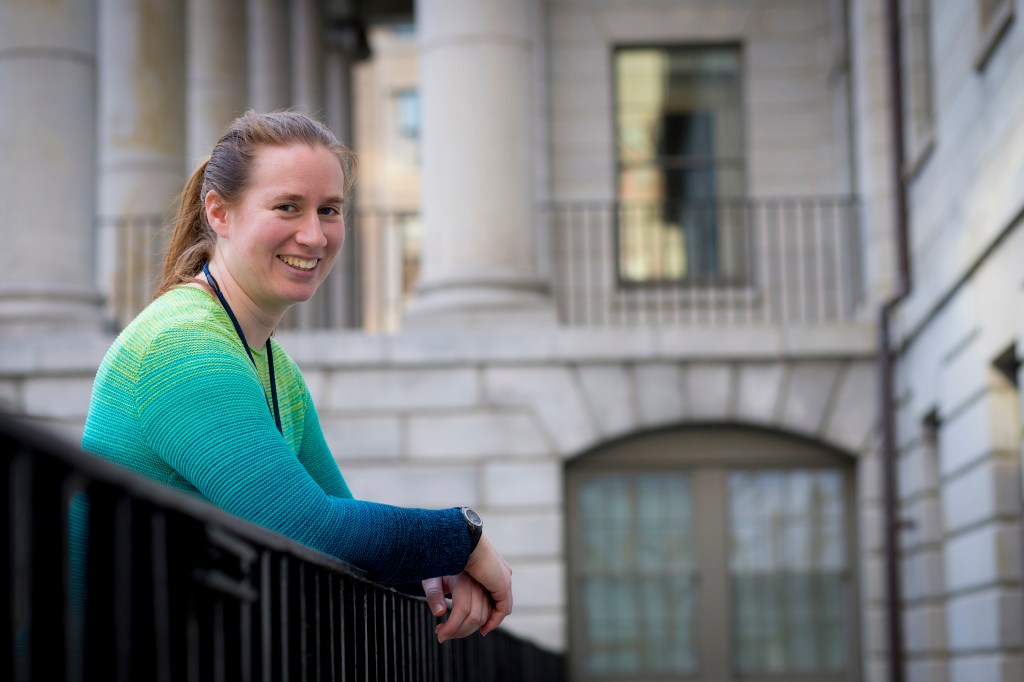
-
Startup points toward minimally invasive heart repair
Harvard has established a licensing agreement with HoliStick Medical to allow commercial development of a specialized catheter device that can repair holes in the heart, or tissue defects in other organs, using deployable soft structures.
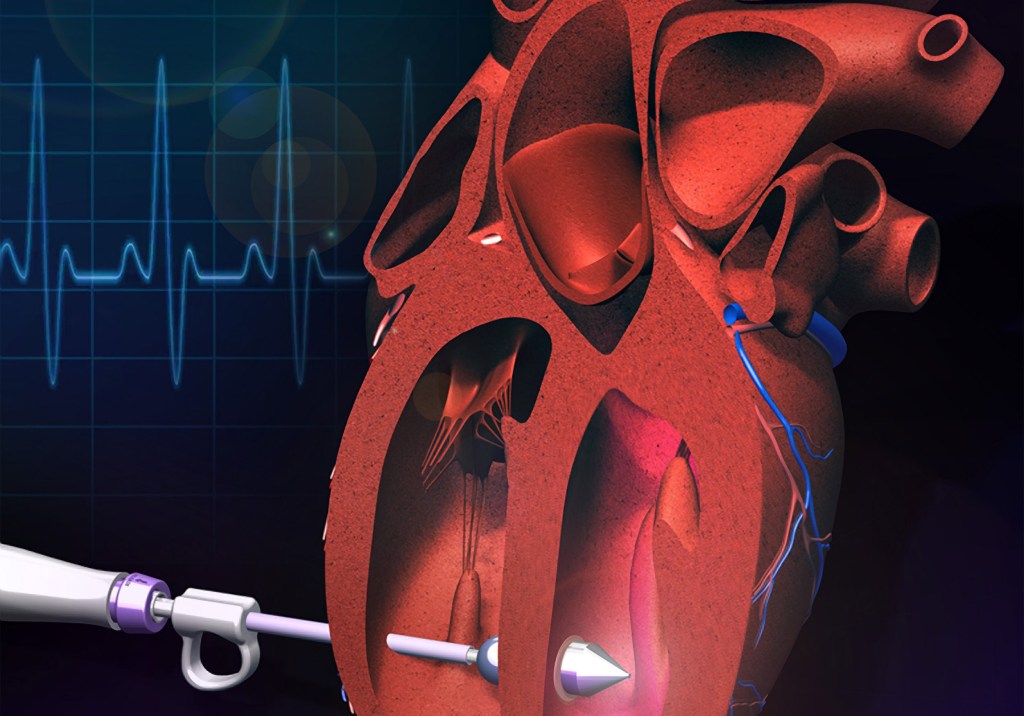
-
Butterfly wings inspire air-purification improvements
The Wyss Institute is developing a new type of coating for catalytic converters that, inspired by the nanoscale structure of a butterfly’s wing, can dramatically reduce the cost and improve the performance of air-purification technologies, making them more accessible.
